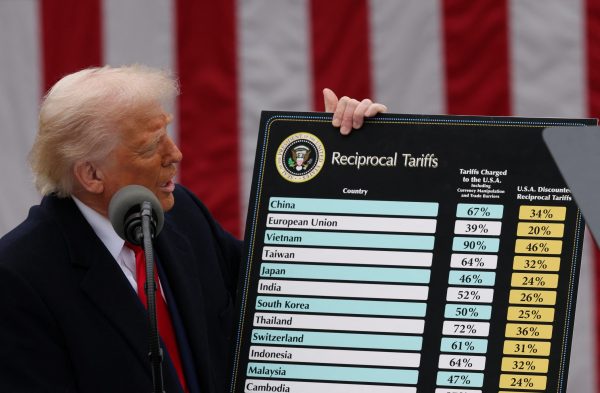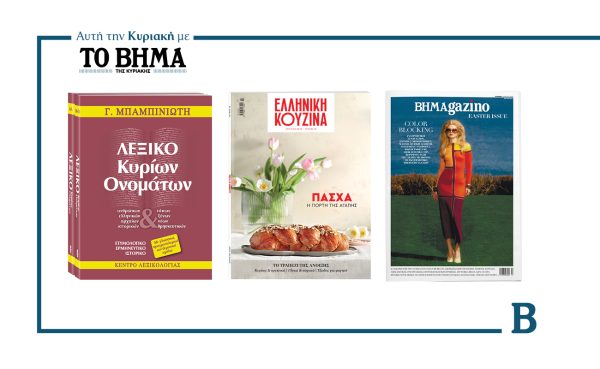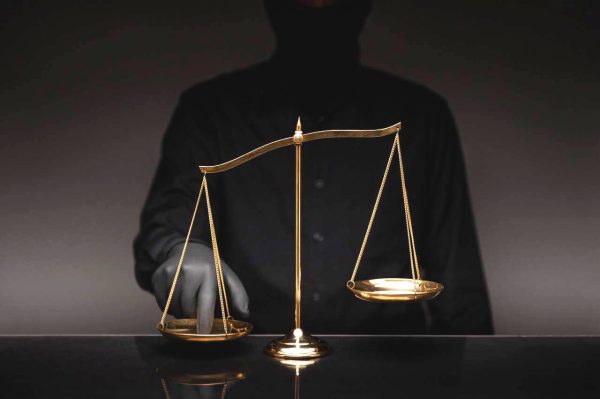
The continuation of infringement proceedings against Greece and 10 other countries for failing to comply with European directives establishing work-life balance rights for parents and caretakers, the European Commission announced, sending a reasoned opinion in the Member States in question.
The other countries are Belgium, Czech Republic, Ireland, Spain, France, Croatia, Cyprus, Luxembourg, Austria and Slovenia.
New rights for parents and caretakers in the EU
The Work-Life Balance Directive is a game-changer for working parents and caretakers. It facilitates the balance between family life and working career by setting minimum standards for leave entitlements such as paternity leave, parental leave and caretaker leave. It also provides for the right of parents and caretakers to request flexible working arrangements.
These new rules help people juggle their career and family life, improving their overall well-being. The directive aims to improve work-life balance for everyone and make it easier for parents and carers to manage their responsibilities.
The directive provides for the following rights:
Paternity leave: Fathers have the right to take paternity leave of at least ten working days during a period close to the birth of the child. Paternity leave must be compensated at least to the same extent as sick leave.
Parental leave: Each parent is entitled to at least four months of parental leave, of which two months are paid and non-transferable. Parents can request to take their leave flexibly, either full-time or part-time days, or part-time.
Caretaker leave: All employees who provide personal care or support to a relative or person living in the same household are entitled to caretaker leave of at least five working days per year.
Flexible working arrangements: All working parents with children up to the age of eight and all caretakers have the right to request reduced working hours, flexible working hours and workplace flexibility.
The Commission calls on Member States to comply with these rules
After the directive was adopted in 2019, member states had until 2 August 2022 to transpose it into national law. On 21 September 2022 the Commission sent a letter of formal notice to 19 Member States for not notifying the required transposition measures.
The Commission, after examining the replies received, found that the Directive was still not fully transposed into the national law of 11 Member States and therefore decided to take the next step in the infringement procedure by sending a reasoned opinion to Belgium, in the Czech Republic, Ireland, Greece, Spain, France, Croatia, Cyprus, Luxembourg, Austria and Slovenia. The Member States in question now have two months to take the necessary measures to comply with the reasoned opinion. Otherwise, the Commission may decide to refer them to the Court of Justice of the European Union.
Record
The EU has passed a series of pieces of legislation that establish minimum rights for its citizens to be able to combine work and family responsibilities.
The Work-Life Balance Directive is one of the actions of the European Pillar of Social Rights Action Plan aimed at further implementing the Pillar’s principles. The proposal was issued on June 13, 2019, and member states had three years—i.e. until 2 August 2022— to transpose it into their national law. The new rules add to the rights for pregnant workers under Directive 92/85/EEC, according to which women are entitled to at least 14 weeks of maternity leave, of which at least two are compulsory. Maternity leave is compensated at least to the amount of the national sickness allowance.
The Directive is in line with the European strategy for care, which aims to ensure quality, affordable and accessible care services across the European Union and to improve the situation for both care recipients and care providers, professional or informal.
Latest News

Trump Tariffs Jeopardize Growth: Piraeus Chamber of Commerce
The tariffs, aimed at reducing the U.S. trade deficit, are expected to have both direct and indirect effects on the European economy

EU Condemns Trump Tariffs, Prepares to Retaliate
As tensions escalate, the EU is expected to continue negotiations with Washington while preparing for potential economic retaliation.

The Likely Impact of Trump Tariffs on Europe and Greece
Trump tariffs are expected to negatively affect economic growth in the Eurozone while Greece's exports could take a hit.

Motor Oil Results for 2024: Adjusted EBITDA of 995 mln€; Proposed Dividend of 1.4€ Per Share
Adjusted EBITDA for 2024 was down 33% yoy. The adjusted profit after tax for 2024 stood at 504 million euros, a 43% decrease from the previous year

Cost of Living: Why Greece’s 3% Inflation Is Raising Alarm
Greece appears to be in a more difficult position when it comes to price hikes, just as we enter the era of Trump’s tariffs.

Fitch Ratings Upgrades the Four Greek Systemic Banks
NBG’s upgrade reflects the bank’s ongoing improvements in its credit profile, Fitch notes in its report, including strong profitability, a reduction in non-performing exposures (NPEs), and lower credit losses

Trump to Announce Sweeping New Tariffs Wednesday, Global Retaliation Expected
With Trump's announcement just hours away, markets, businesses, and foreign governments are bracing for the fallout of one of the most aggressive shifts in U.S. trade policy in decades.

Inflation in Greece at 3.1% in March, Eurostat Reports
Average inflation in the eurozone settled at 2.2%, compared to 2.3% in February

Greece’s Unemployment Rate Drops to 8.6% in February
Despite the overall decline, unemployment remains higher among women and young people.

Jerry Kalogiratos Highlights Key Role of Energy Transition and Data Demand in LNG Outlook
Energy transition and the prospects of LNG were discussed at Capital Link’s 19th Annual International Maritime Forum, during a panel discussion with Jerry Kalogiratos (Capital Clean Energy Carriers Corp.)
























![ΕΛΣΤΑΤ: Αυξήθηκε η οικοδομική δραστηριότητα κατά 15,6% το Δεκέμβριο [πίνακες]](https://www.ot.gr/wp-content/uploads/2025/03/DSC9655-2-1024x569-1-90x90.jpg)

















 Αριθμός Πιστοποίησης
Αριθμός Πιστοποίησης